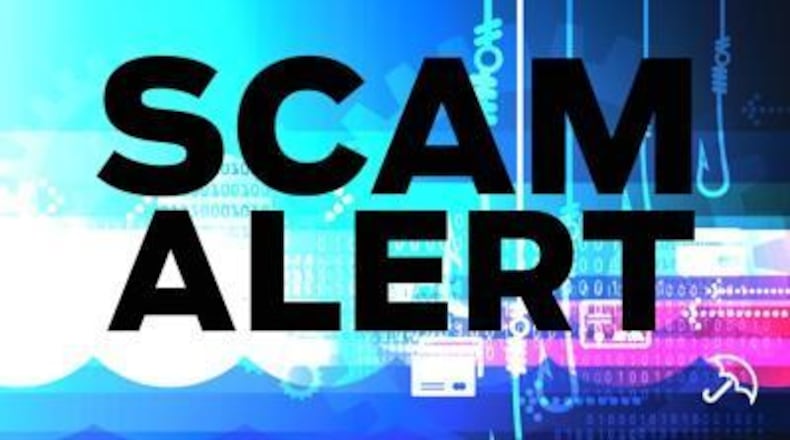>> Coronavirus: Complete Coverage
Some of the scams reported to the AG’s office include twists on previously reported scams, including one involving grandparents.
In that incident, a caller asked for money because he was delayed in Philadelphia due to coronavirus. With many college-age people returning from spring break, Yost warned that Ohioans could see an increase in similar calls.
Anyone who receives a call from a person claiming to be a relative in need of financial help should do the following:
- Confirm with another family member that the person is out of town and needs help
- Confirm the caller is who they say they are by calling them back at a phone number you know belongs to them
- Ask the caller something only they would know the answer to, such as their birthday
Local police departments are also warning people to be aware of common scams connected to the coronavirus pandemic.
>> Dayton manufacturer makes face shields for Premier Health
The Xenia Police Department shared the following scams that have reported across the country:
- Robocallers making false offers to sell respirator masks
- Fake coronavirus-related apps and websites that install malware and ransomware on devices
- Phishing emails asking for money or presenting malware
- Social media scams asking for donations or pretending to give people stimulus funds to people who enter their bank account number
- Fake testing kits, cures, "immunity" pills and protective equipment for sale
- Scammers offering fake free coronavirus testing to get access to Medicare beneficiary information that is later used to submit false medical claims
- Prescription drug scams that involve submitting medical claims for unnecessary antiretroviral treatments or other drugs being marketed as supposed cures for the virus
- Scams involving IRS payments, such as calls from people attempting to get personal information
>> Kettering Health Network gets in-house coronavirus testing
Yost offered the following tips to help avoid scams:
- Look out for emails claiming to be from the Center for Disease Control and Prevention (CDC) or other alleged expert resources. The CDC posts information for free on its website.
- Ignore online ads promoting cures for coronavirus. The Federal Trade Commission is currently reporting no vaccines, pills, lotions, lozenges or other prescriptions or over-the-counter products to treat or cure the virus.
- Research before donating to nonprofit organizations or crowdfunding campaigns. Never donate via cash, gift cards, wire transfer or prepaid money cards as they are the preferred payment methods of scammers.
- Be aware of anyone going door to door offering COVID-19 testing or temperature readings and requesting personal information. Never let strangers into your home.
- Be aware of emails and phishing attempts for personal, financial and medical information. Do not share information if you have any doubts. If a source claims to be a bank or government agency call the organization's phone number to verify.
- Do not click on unknown links or pop-ups while online. Never download any suspicious email attachments. Doing so could infect devices with malware.
If you think you have been scammed or a scammer has contact you, report them to the Ohio Attorney General's Office at www.OhioProtects.org or 800-282-0515.
About the Author
